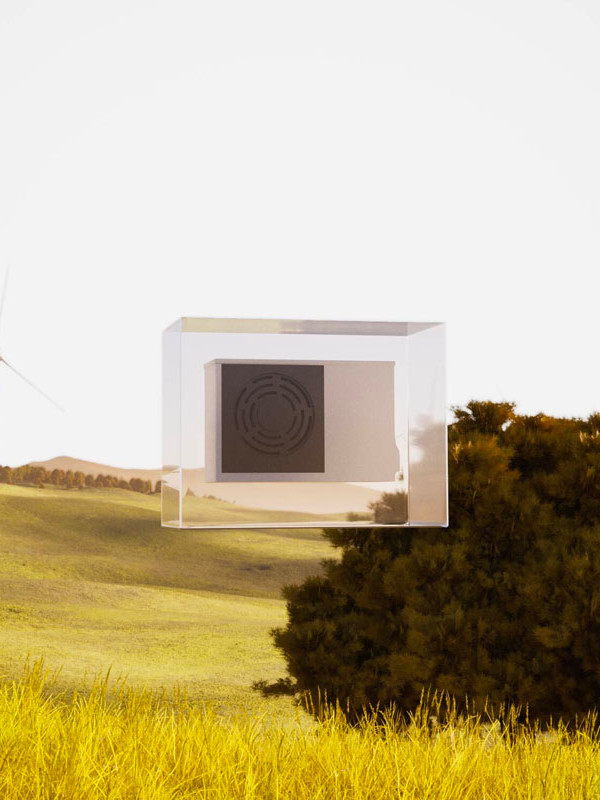Heat pumps
Air, sun and earth energise your home! Did you know that? A heat pump can do everything your boiler can... but with a very high proportion of clean, free renewable energy (and a little electricity)!

What are the different types of heat pump?
Aerothermal heat pumps
Often called air-to-air or air-to-water heat pumps, they use a refrigerant to capture heat from the outside air and release it indoors. Inverter technology allows the pump's power to be adjusted according to need, optimising energy consumption.Geothermal heat pumps
Ground-source heat pumps harness the heat of the ground or groundwater. They are fitted with a heat exchanger that transfers this energy to the water in the home's heating circuit.Hybrid heat pumps
Hybrid heat pumps allow you to benefit from the advantages of renewable energy while maintaining and optimising your existing system.
These systems combine a heat pump with your existing boiler, enabling a smooth transition to a more environmentally-friendly solution. The hybrid system automatically adjusts the energy source used according to outdoor conditions and heating requirements, optimising both efficiency and costs.
Visit our Green Home with us
Thanks to our interactive showroom experience, discover the solutions that can make your home and bathroom more energy and water efficient. An innovative application to help you make the best choice!
Book an appointment
Heat pumps: an environmentally-friendly solution for thermal comfort in your home
Heat pumps are an efficient, environmentally-friendly solution for heating or cooling your home. By capturing the energy in the air, water or ground, they reduce your energy consumption while cutting greenhouse gas emissions. These versatile systems are ideal for both renovation and new-build projects.
Available in different models, such as air-to-air or air-to-water heat pumps, they can be adapted to the specific needs of each household. Their advanced technology ensures optimum thermal comfort all year round, while helping you to make significant savings on your energy bills. Choose a sustainable, high-performance solution to improve your everyday life.